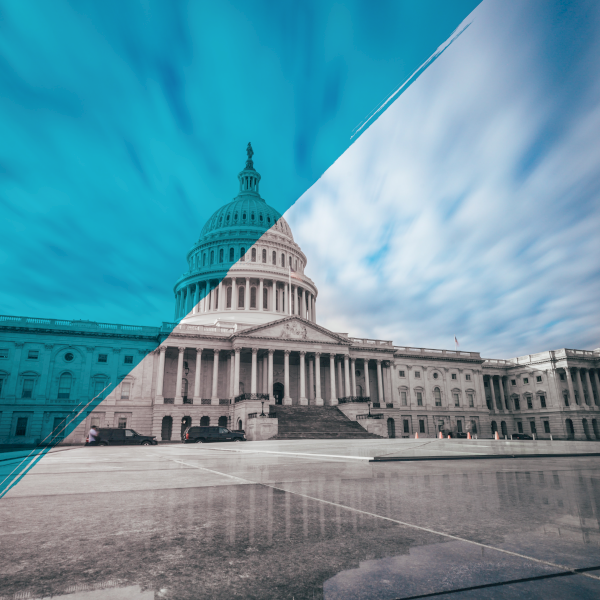Deregulation has become a “four-lettered word” in the beauty industry. Major media outlets like National Public Radio (NPR), The Wall Street Journal, the Atlantic and newspapers and blogs, have targeted the cosmetology industry.
Misinformed perceptions around the need for occupational licensing are shared by groups like The Institute for Justice. These groups don’t recognize cosmetology as a PROFESSION that requires proper oversight and regulation to protect both consumers and professionals from injury, infection and disease.
Law makers across the U.S. are looking for ways to create less government and do away with “unnecessary regulations.” The perception is that cosmetology practices don’t require the amount of skill that justifies formal education and training, meaning that the process of attaining education, taking exams, and becoming licensed would deny potential cosmetologists the right to earn a living. These measures would waste valuable time in school that could be spent in the workplace making money.
This uneducated view colors occupational licensing as a regulatory scheme that acts as roadblock for individuals wishing to enter into the cosmetology industry; a barrier work in a competitive market.
Beauty industry services are hands on, physical, and personal. Infections can be transferred in many ways, including through contact with tools, skin to skin, and unsanitary materials and products. Formal education and industry regulation is necessary for professionals to learn the techniques, principles, sanitation, and chemical procedures to protect consumers (and themselves) against injury and illness.
If deregulation were to become a reality, any person without any formal education could practice cosmetology. This would put consumers at risk of injuries, burns, infections, and the spread of diseases like hepatitis and Methicillin-Resistant Staphylococcus (MRSA).
There are 1.4 million professionals in the beauty industry. According to the Bureau of Labor Statistics (BLS) Occupational Outlook Handbook, overall employment is expected to grow 9 percent from 2018 to 2028. This is as nearly double the projected percent growth in total U.S. employment during the same period!
This report also states that 83 percent of licensed cosmetology individuals are women and 53 percent of licensed individuals are minorities. The professional beauty industry is not an industry with roadblocks and barriers to success… it is strong and growing. However, there is room for improvement. Occupational licensing and government regulations should be reviewed, and processes can be streamlined to reduce bureaucratic red tape.
Beauty professionals have invested in a serious and legitimate career field. Safety standards and professionalism in the industry should never be weakened or compromised. Licensing of all beauty professionals is essential to the integrity and professionalism of this industry.
Stand up for your profession! You have the power to speak out against licensing proponents and educate legislators in your state about the importance of education and the risks of deregulation.
Visit probeauty.org/advocacy to learn how you can get involved and make your voice heard on behalf of all hard-working beauty professionals.



